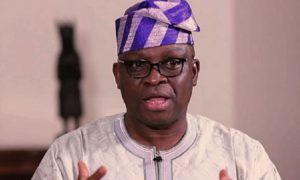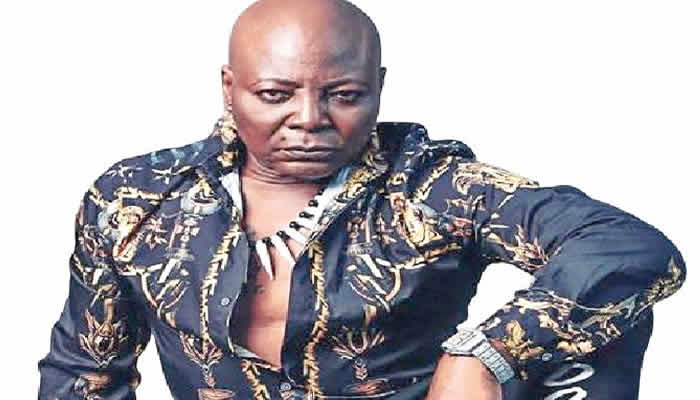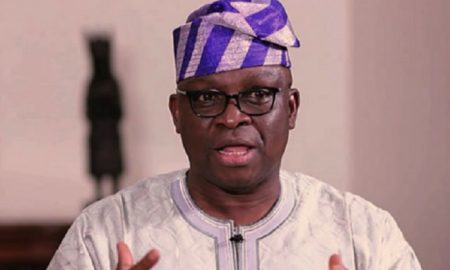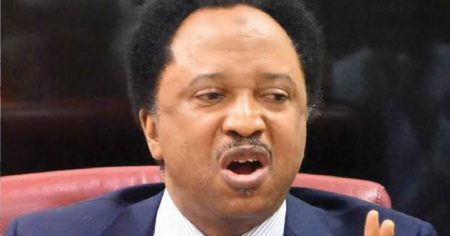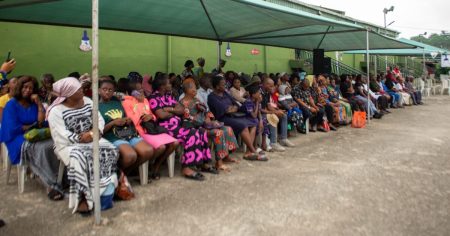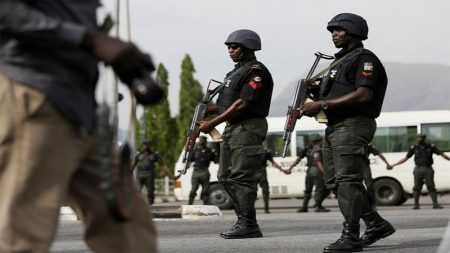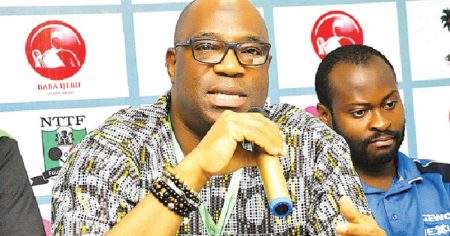The renaming of the Charly Boy Bus Stop in Bariga, Lagos, to Badoo Bus Stop, in honor of hip-hop artist Olamide Adedeji (Olamide Badoo), has sparked controversy and accusations of political maneuvering. Charles Oputa, widely known as Charly Boy or Area Fada, a veteran entertainer and human rights activist, views the renaming as a deliberate attempt to erase his legacy of activism and social defiance. He contends that the move is driven by fear of his outspokenness and challenges to authority, rather than a genuine desire to honor another prominent figure. The Bariga Local Council Development Area, under the outgoing chairmanship of Kolade David, justified the renaming as a way to recognize individuals who have contributed to Bariga’s prominence and Nigeria’s global image. However, Charly Boy argues that the bus stop’s name was organically given by the people, reflecting his connection with the community and his advocacy work.
Charly Boy emphasizes that renaming the bus stop cannot diminish his decades of activism and impact on the community. He sees the act as a symbolic attack on his enduring legacy, built on speaking truth to power and fighting for the oppressed. He asserts that his influence transcends a physical location and resides in the hearts and minds of those he has empowered and inspired. He frames the renaming as a testament to the fear he instills in those who seek to suppress dissent and maintain the status quo. He declares that his legacy is not dependent on a signboard but on the tangible changes he has brought about and the unwavering spirit of resistance he represents.
The activist highlights the organic nature of the bus stop’s original naming, emphasizing its connection to the community and his role as their advocate. He contrasts this with the perceived artificiality of the renaming, which he sees as a top-down imposition by political figures. He emphasizes his long-standing relationship with the people of Bariga and Gbagada, asserting that they know the true origin of the bus stop’s name. He portrays himself as a grassroots figure whose influence is rooted in community engagement and empowerment, rather than political patronage.
Charly Boy maintains that his legacy extends beyond the bus stop and is deeply ingrained in Nigerian history and the consciousness of those who challenge authority. He reiterates that his influence is not tied to a physical location but is embedded in the stories of change and empowerment he has fostered. He portrays himself as a symbol of resistance and a catalyst for social transformation, emphasizing the enduring impact of his activism. He concludes by stating that while the name may change, the truth and the spirit of his work cannot be erased.
Human rights activist Omoyele Sowore echoed Charly Boy’s sentiments, condemning the renaming as vindictive and an attempt to silence dissent. He characterizes the act as a petty attempt to rewrite history and discredit voices of opposition. He sees it as part of a larger pattern of suppressing dissent and undermining those who challenge authority.
The Lagos State government, through its Commissioner for Information, Gbenga Omotosho, distanced itself from the renaming, stating that it falls under the jurisdiction of local governments. He clarified that the state government has no authority to intervene in such matters, emphasizing that the local council acted within its legal purview. This statement underscores the decentralized nature of street naming in Lagos and highlights the autonomy of local councils in such decisions. While the state government remains neutral on the issue, the controversy surrounding the renaming continues to fuel debate about the intersection of politics, legacy, and public spaces.


